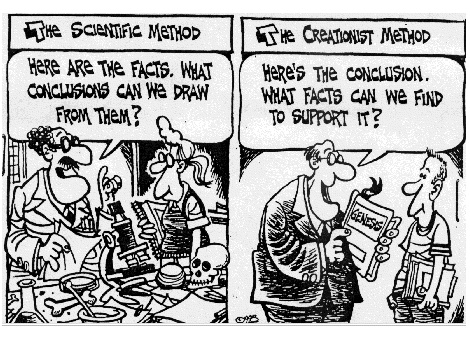
Virginia Senate panel kills Ten Commandments bill
2/15/02
The Associated Press
RICHMOND A bill that would have ordered the state Board of Education to draft guidelines for schools on posting the Ten Commandments on classroom walls died Thursday before a Senate committee. The Senate Education and Health Committee voted 9-6 to kill the bill after committee members grilled Del. Scott Lingamfelter over his intent in submitting legislation similar to a Kentucky law the U.S. Supreme Court ruled unconstitutional in 1980.
Lingamfelter, R-Prince William, wanted to establish rules schools could use to post the commandments from Bible's Book of Exodus along with excerpts from the Declaration of Independence, the First Amendment to the U.S. Constitution and Virginia's Constitution. "I hope you we can see this bill as not about religion but about transcendent values and historical texts," said Lingamfelter, whose bill originally called only for the posting of the commandments on public school walls.
Senator. R. Edward Houck was concerned about which version of the commandments, which are sacred to Jews, Catholics and Protestants, would be posted and whether secularizing them for public school was sacrilege. "Are you suggesting that the state Board of Education, with the guidance of the guidance of the attorney general, we're asking them to write holy scripture?" said Houck, D-Spotsylvania.
"I am not suggesting, senator, a generic version. I am not suggesting that they rewrite. I am suggesting that they will settle on an acceptable rendering of the Ten Commandments," Lingamfelter replied. His assurances didn't ease other senators concerns. "Wars have been fought over less than this," Senator. Janet Howell, D-Rest6n, said of the possibility that the panel would redraft the commandments.
Committee Chairman Senator. Warren E. Barry, R-Fairfax, said he saw no way to secularize some of the commandments such as "thou shalt have no other God before me," and "thou shalt remember the Sabbath and keep it holy." Robert Alley, professor emeritus of religion at the University of Richmond, told the committee that approving legislation allowing the state to tinker with a portion of scripture with deep religious meaning to many people could have volatile consequences. He spoke for the American Civil Liberties Union and Americans United for Separation of Church and State.
"We have had fights over the translations of the Bible," Alley said, noting 1844 riots in Philadelphia after Catholics asked the school board to allow Catholic students to read from Catholic Bibles. "When you talk about the Ten Commandments, you are talking about a religious document, and saying it isn't doesn't make it so," said the Rev. J. Fletcher Lowe.
- Nicene Creed and the Truth about the Trinity
- The Non-Messianic Genealogy of Jesus
- Christian or cult? Mormons, Baptists slug it out online
- Judaism is not a Race
- General Contradictions in the New Testament
- Crucifixion-Resurrection Chart
- Jerry Falwell Sues State Virginia for More Tax-Free Property
- Martin Luther and the so-called "Reformers" Anabaptist' view of Calvin/Luther
- Fundamentalists Declare War on Liberty
- Churches Seek Right to Back Political Candidates
- Intolerance and the Christian Right
- All Those Christian Presidents
- Vatican Official Claims Illness Caused by Sin
- Why Fundamentalists are Living on Borrowed Time
- Moore makes a case against his monument
- The Pagan Payoff
- Virginia Senate panel kills Ten Commandments bill
- Which Creation Biblical Story?
- Ten Commandments bill wins preliminary approval
- Jesus' Outlook on the Ten Commandments
- Prophecy of Virgin Birth according to Judaism
- Who is a "real" Christian?
- Board to appeal ruling to end Bible classes
- Islam Vs. Deism
- Taking a Closer Look at Gnosticism and Christianity
- Alexander, the Jews, and Hellenism
- More on Alexander the Great, the Jews, and Hellenism
- Hellenistic Period After Alexander
- Alexandrian Philosophy and Judaism
- Religious Syncretism
- Platonism and Christianity
- Demiurge Creator of the World
- Allegorical Interpretation